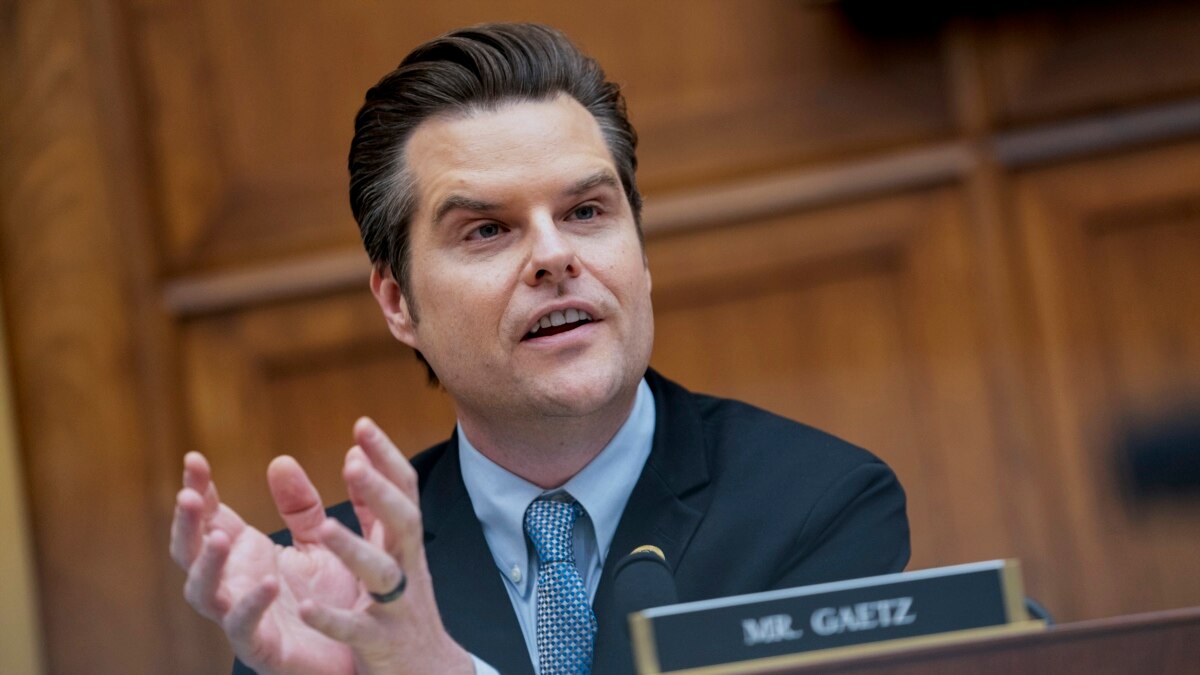Abdulhakim Muse Omar
The year was 1991, and Somaliaʹs civil war, which has ravaged the country for decades, has left millions of people displaced and has completely destroyed the nationʹs government institutions. With no functioning police force, military, or civil services, the country has been left in a state of chaos and despair. Basic necessities such as banks, communication networks, and transportation systems are nonexistent, exacerbating the dire situation.
The lack of money and food has resulted in the deaths of thousands of Somalis, with the world bearing witness to the horrifying scenes of deaths from hunger.
Amidst this devastation, there was an unexpected glimmer of hope when money started pouring into Somalia. It came from the educated few who had managed to flee the conflict and sought refuge in distant lands. Rather than harboring resentment, these individuals chose to work tirelessly in factories and butcher shops, sending back every penny they earned to their homeland. Their motivation stemmed from a deep longing for their motherland, their families, and their culture.
These industrious members of the diaspora sacrificed everything. They did not buy homes, fancy cars, or indulge in luxuries. They wore modest clothes and lived frugally, constantly toiling away to support their loved ones in Somalia. However, their selflessness
came at a cost. Their spouses complained about their constant absence and the perceived lack of money at home. They were kicked out, and their partners resorted to applying for social assistance. Instead of breaking free from poverty, their wives, too, began sending money back to Somalia.
This unfortunate turn of events created a vicious cycle. The fled individuals found themselves without wives, children, or a good life. Their children grew up without fathers, and their parents joined the desperate ranks of those sending money back home. They hoped to alleviate the needs of those left behind, but they found themselves caught in an unending cycle of financial obligations. Armed with mobile phones and hawala, a system of informal money transfer, the recipients in Somalia constantly demanded handouts, exploiting the hard‐earned money of the diaspora.
Thirty years passed, and the individuals who had fled Somalia grew old, tired, and weak. They had no wives, no children, and no savings. Finally, they decided to return home, hoping to retire among their people, whom they had supported sotirelessly. However, upon their arrival, they were greeted with the devastating news that there was nothing to show for their efforts.
The money they had sent had been misused, given to China and the UAE in exchange for consumer goods like candies and powdered milk. There were no ports, roads, airports, government institutions, or industries. The infrastructure was nonexistent, and the local economy had been decimated.
The remittances from the diaspora, which could have been used to rebuild the country, instead fuelled the rise of warlords and enabled local terrorists to thrive. Furthermore, those who financially benefited from the generosity of the fled individuals, making millions in the process, now taunted and pressured them to send more money.
A fast communication networks made it easy to bully the diaspora into sending more funds and utilised hawala to ensure a steady flow of remittances. It sad to see those who had exchanged the hard earned cash for goods from China and the UAE, are now moving out of the country to countries like Turkey and Kenya etc, confident that the cash would keep flowing, oblivious to the fact that the fled individuals were aging, retiring, or dying.
The tragic cycle of remittances in Somalia has come full circle. The thirty years of miracles, during which the diaspora sustained their homeland, have come to an end. Once again, Somalia finds itself in a state reminiscent of 1991.
Abdulhakim Muse Omar is SOMOIL Group Director









